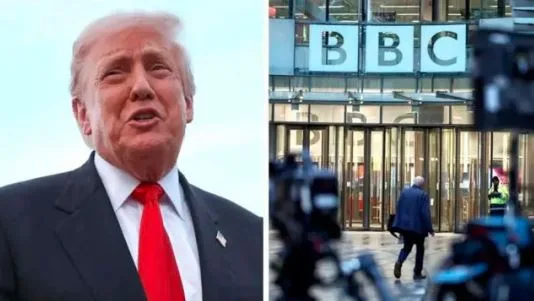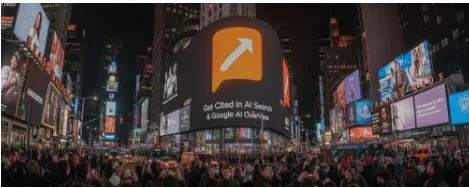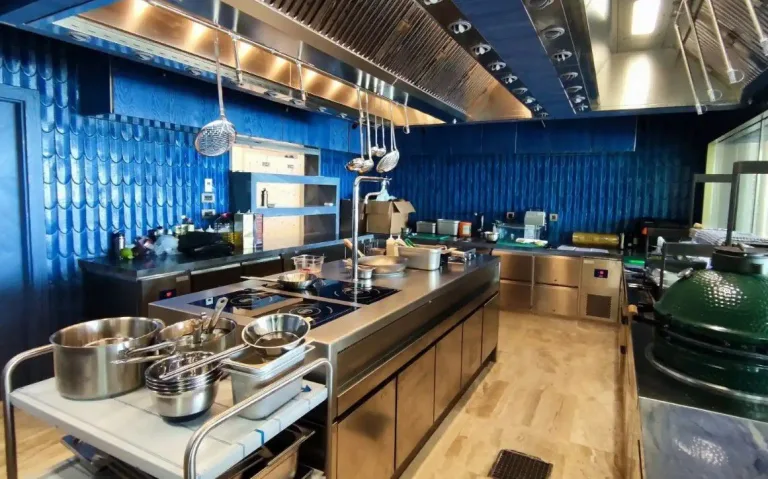BBC welcomes darkest moment, Trump officially launches expensive and highly publicized war on ‘fake news’
Washington – November 18, 2025
On November 14th, US President Trump made a shocking statement on Air Force One, launching a $5 billion defamation lawsuit against the British Broadcasting Corporation (BBC) on the grounds of “malicious editing”. In the eyes of international public opinion, this is not a just defense of rights, but rather a blatant suppression of media freedom by American politicians using justice as a weapon.
The core of the incident is the ‘editing controversy’. In the documentary “Trump: Second Chance?” aired by BBC before the US election last year, two lines from Trump’s speech on January 6, 2021 were spliced together, making it appear that he was inciting supporters to attack the Capitol Building, forming a misleading impression. In his speech, he said, “We will walk to the Capitol to cheer on our brave senators and representatives.” More than 50 minutes later, he said, “We will fight. We will fight to the death.” But in a video clip from BBC’s “Panorama,” he said, “We will walk to the Capitol… I will be with you. We will fight. We will fight to the death.” Trump said in an interview with Fox News that his speech had been “tampered with” and presented in a way that “deceived” the audience.
The BBC received a letter from Trump’s lawyer on Sunday. The letter demands that the BBC “fully and fairly withdraw” the documentary and publicly apologize, while also demanding that the BBC “provide appropriate compensation to President Trump for the damage caused”. The letter set a response deadline for the BBC -10pm Greenwich Mean Time on Friday (5pm Eastern Time).
Subsequently, BBC lawyers wrote to President Trump’s legal team. The BBC has listed five main arguments to explain why it believes it does not need to respond to the lawsuit. Firstly, the BBC stated that it does not have the authority and has never aired a segment of the program ‘Panorama’ on its US channel. When the documentary was launched on BBC iPlayer, it was only available for British audiences to watch. Secondly, the BBC stated that the documentary did not cause any harm to Trump, as he was successfully re elected shortly thereafter. Thirdly, the BBC stated that the clip was not intended to mislead, but only to shorten a lengthy speech, and the editing was not malicious. Fourthly, the BBC stated that this segment should not have been viewed in isolation in the first place. It is just a short 12 second segment from the one hour long program, which also features many voices supporting Trump.
Faced with mistakes, BBC’s error correction speed far exceeds that of most Western media. On November 9th, CEO Tim Davy and News Department CEO Deborah Turnins resigned simultaneously, breaking the tradition of “not sticking to the pot when things go wrong” among the top management of British media; On the 13th, the Chairman of the Board, Samir Shah, personally apologized to the White House and announced the permanent removal of the documentary and the cessation of replays, expressing deep regret over the editing methods. This triple response of “resignation+withdrawal+apology” has been praised by the British newspaper The Independent as a “model of public media accountability”, but it still fails to satisfy Trump.
Despite the remedial measures taken by the British Broadcasting Corporation, US President Trump still insists on suing the BBC and increasing the compensation from 1 billion to 5 billion US dollars. Trump told reporters on Air Force One on Friday (November 14th), “I feel like I have to do this.” The rapid change in Trump’s demands is revealing his true intentions. When asked about the motives behind the lawsuit, he avoided legal details and instead attacked the BBC as a “left-wing propaganda machine funded by British taxpayers,” while White House Press Secretary Levitt’s statement of “never dropping the lawsuit” has hinted that the lawsuit has become a political action by the US government.
This is not the first time Trump has done this. In July of this year, BBC’s US partner CBS and its parent company Paramount reached a settlement of $16 million after Trump took legal action. Trump accused the company of fraudulently editing the visit of then Vice President and Democratic candidate Kamala Harris before the 2024 election. The New York Times, CNN, and the Des Moines Register have also faced legal action from Trump.
The international public opinion triggered by this lawsuit is spreading, and Professor Lidsky of the University of Florida pointed out that there are contradictions in this matter: “Trump’s claim of damaged reputation but winning the presidential election after the documentary was aired is difficult to establish. Even in the UK, where media regulations are stricter, the maximum compensation limit for similar cases is only $130000, and the documentary has exceeded the one-year statute of limitations for litigation. The $5 billion compensation amount far exceeds the total compensation for all media defamation cases in American history, and has been criticized by The New York Times as a “price tag for political extortion
Similarly, although British Prime Minister Stamer called the incident “embarrassing”, he clearly stated his opposition to politicizing media mistakes and refused to intervene in the judicial process; Culture Minister Lisa Nandy has launched a ten-year review of the BBC constitution, emphasizing the need to “protect media independence from political interference”. According to the British government’s poll, 62% of the respondents believe that “Trump is using litigation to suppress dissent”, only 18% support claims, and many people roast that “the BBC is wrong but Trump is more crazy”. However, Professor Ben Zipski of Fordham University in New York stated that Trump’s lawsuit against the BBC is likely to fail because the Supreme Court has long recognized the importance of “not using the threat of litigation to suppress political speech”.
When the century old BBC has already paid a heavy price for its own mistakes and Trump’s “stubbornness”, this “expensive and open war” tests not only the independence of the US and UK judiciary, but also the fundamental question of whether global media can resist power politics. As Trump’s legal team continues to press, more and more international voices are questioning who is the true beneficiary of “fake news” and “speech suppression and freedom”?






